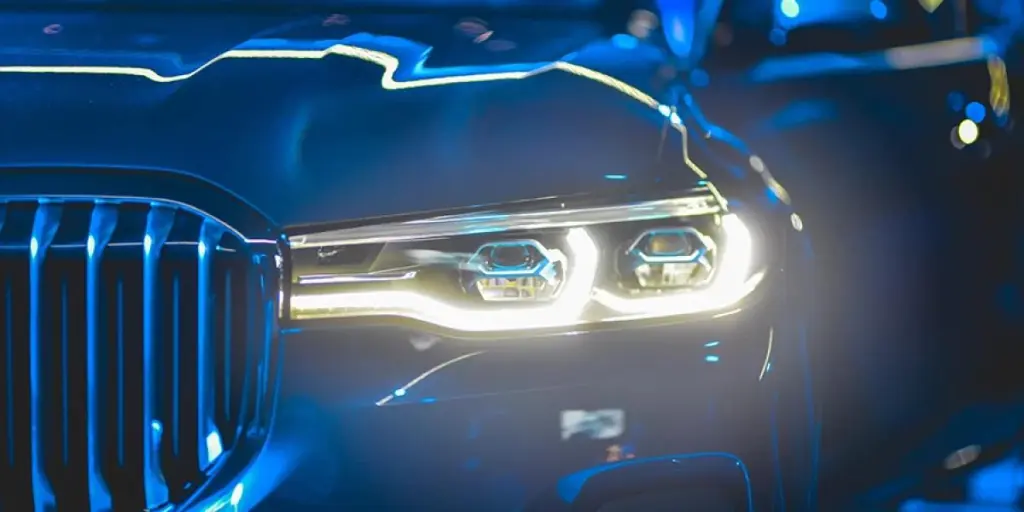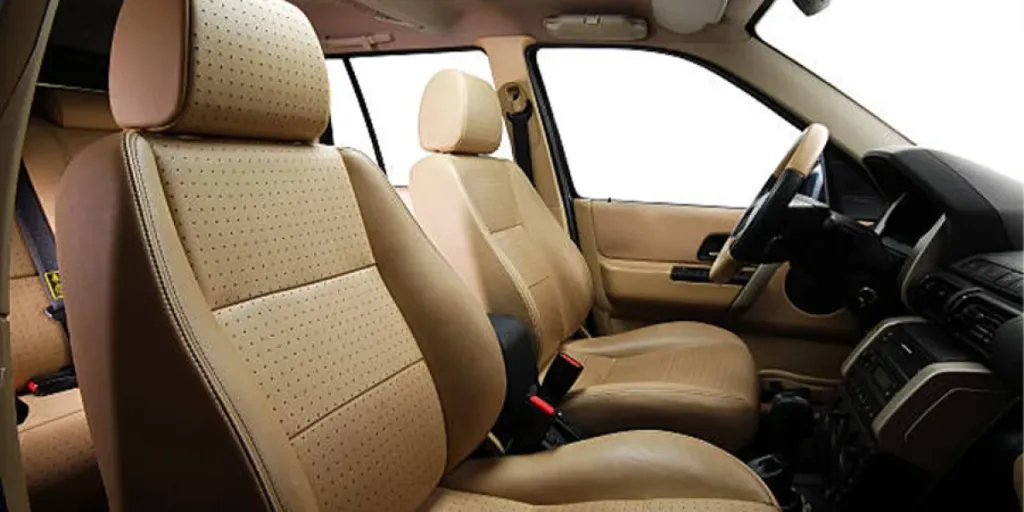Have you ever considered an investment that will bring you more joy and utility than a term deposit or bond? For many, their primary place of residence is their biggest investment; others collect comic books, keeping them untouched and unused for years. But what if you want an investment that will allow you entry into tight knit car clubs and breezy midnight drives? Look no further than the classic car. This article will discuss exactly what you need to consider before investing in your newest hobby.
What Do You Need To Invest In Classic Cars?
It goes without saying that you won’t want to street park your vintage roadster. There are just too many risks associated with keeping your classic car out in the street or even in your driveway or an open carport. So alongside securing classic car insurance, you’ll also need to either do up your garage or perhaps even rent out a garage space away from home to store your investments.
You want to make sure that your garage space is clean, dark, and dry, with uncluttered floors and no grease or oil spills. This helps reduce risks of moisture damage, paint warping or chipping, or any other types of damage that may lower the value of your classic car.
Most classic car owners invest in waterproof tarps, heavy-duty car jacks, and other modern car repair and maintenance tools to help keep their classic car in good working order and in a presentable condition. However, it’s rarely recommended that you go the DIY route when doing repairs or even cleaning your classic car. So alongside insurance and club membership fees, classic car owners should also expect to set aside a portion of their budget for the unique servicing and maintenance requirements that typically accompanies vintage vehicles.
Why Are Some Classic Cars Considered Collectible?
There is a massive community of classic car investors that consider them collectibles for a number of reasons. Often cars with historical importance, like models that pioneered new technologies or raised the bar for consumer expectations, become collectible over time. This is especially true if they are limited edition models, which have the potential to grow in their resale value substantially over time.
A racing history is also regarded as adding to a classic car’s value, as these cars are highly sought after. This is both due to rarity, and association with a respected automotive designer, racer, or company such as Aston Martin or Lotus.
The classic car market mirrors the market for art in many ways. It’s an investment that looks great, and can also provide a currency hedge since cars can be transported to countries with favourable exchange rates if you ever decide to sell the asset.
What Makes Classic Cars Worth The Investment?
When discussing this topic, it’s worth comparing classic cars to other collectible items such as coins, stamps, comic books and rare books. In the world of rare asset collection and investment purposes, these are commonly sought after commodities.
Wealthy individuals worldwide have chased the limited number of classic cars, leading to the market for classic cars relatively outperforming other collectibles. Car collection has become so popular that there are now websites like The Historic Automobile Group International that are dedicated to tracking the classic car market.
Even with a slight dip due to the global COVID-19 pandemic, the market has steadily increased over the last few years. This overall positive trend has proven that it is worthwhile to consider an investment in a classic car for your portfolio.
Possible Risks to Investing in a Classic Car
Like any investment, classic cars have unique risks you should be aware of before considering purchase. Like most other investments having fees, such as investment property real estate costs or stock broker fees, there are costs associated with classic car ownership.
For instance, if you sell a classic car, you might be subject to capital gains tax if you make a profit. This can eat into your investment returns, however, this is true for lots of alternative investments such as shares and property.
If you acquire a beat-up or rusted classic car, restoring it to showroom new condition can cost a bucket. You’ll need to incur the cost of parts, paint, bodywork, and labour unless you’re savvy enough to do it yourself.
Then, ongoing costs are associated with classic car ownership, such as maintenance, storage, insurance, and fuel. And, if you sell, you may want to use a broker, who will have their own commission and consignment fee structure, transaction fees and transportation costs.
However, there are ways to reduce these risks by doing proper research to determine their depreciation rates, taking on servicing and maintenance yourself and taking good care of your car.
How Affordable Are Classic Cars?
Another thing to consider when considering whether to invest in a classic car is that, unlike other forms of investment, there aren’t affordable options.
While some are cheaper than others, most classic cars will set you back a tidy sum. As we mentioned above, you’ll likely need a car loan to afford one. This also means that this type of investment is limited to those who can afford to buy a classic car outright or those who can afford repayments on a car loan.
Buying shares in a company or investing in a fund can run you a little bit less, as there are wider opportunities to invest a smaller sum.
However, with all this said, if you genuinely love automobiles, investing in a classic car might be a part investment and part hobby. Restoring, driving and displaying your pride and joy might bring you fulfilment beyond the financials and might be worth the investment for this reason. Just owning a classic car can also open the door for social opportunities in the form of car clubs, competitions, and classic car meets.
Overall, while the classic car may be riskier than some more mainstream investments, it is much more suited to show off by driving around the streets (or racetracks) than a government bond would be. A classic car is the perfect investment for any car enthusiast and brings you a hobby and investment in one.
Source from My Car Heaven
Disclaimer: The information set forth above is provided by mycarheaven.com independently of Chovm.com. Chovm.com makes no representation and warranties as to the quality and reliability of the seller and products.




